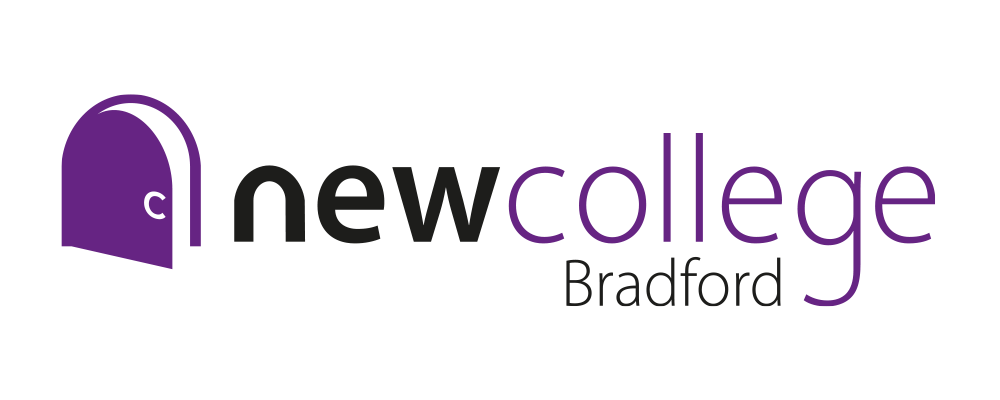The psychology curriculum allows core areas in the history and development of psychology to be studied, and offers different perspectives into the explanations of the human mind and behaviour.

Subject Intent: Why Psychology?
The psychology curriculum allows core areas in the history and development of psychology to be studied, and offers different perspectives into the explanations of the human mind and behaviour.
Psychology encourages skills to be developed that focus heavily on developing an insight into the methodological strengths and weaknesses of research, and critical analysis of theories, which are useful life skills which can be transferred into the work place.
The knowledge gained will help students to develop into well-grounded adults, with an understanding of the causes of mental health issues, how to be responsible parents, when to conform and obey others, and what triggers aggression.
What will I study?
Year 1
Psychological approaches and applications to gender, aggression and consumer behaviour. Externally assessed exam.
Conducting Psychological Research: principles of research, data collection and analysis. Internally assessed written coursework reports.
Year 2
Health Psychology: stress and addiction theories and treatments. Externally assessed exam.
What are lessons like in this subject?
Psychology is the scientific study of the brain, mind, and behaviour. The role of biology, upbringing and culture on behaviour will be explored, and you will gain a greater understanding of why people act in the way that they do.
Applied Psychology involves using psychology in real-life situations and students will enjoy writing their own psychological reports, based on independent research into mental disorders, and conducting experiments.
Applied Psychology is particularly suitable for students who are reasonably confident with exams, but also like to support their learning with coursework research type tasks also.
Typical lessons include a range of activities where students work independently and collaboratively with others, completing mini white board tasks, exam questions and quizzes, for example. All lessons involve students being active participants in their learning by taking part in class discussions and sharing thoughts and opinions about topics studied.
Our vision can only be achieved through collaboration. Our shared belief is that raising outcomes, narrowing gaps and improving social mobility will be accomplished through proactive collaboration across all teams in the Trust, and between the Trust and its key stakeholders.
This approach has already helped us establish a track-record of outstanding results and it underpins our Trust’s culture and ethos.
© 2025 coursetakers.com All Rights Reserved. Terms and Conditions of use | Privacy Policy